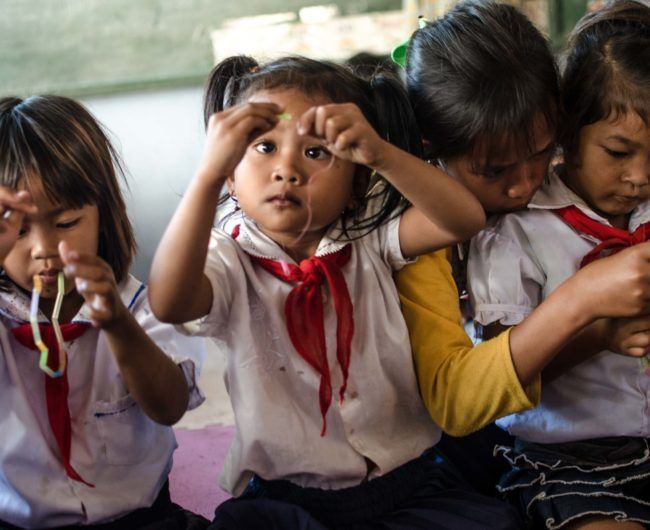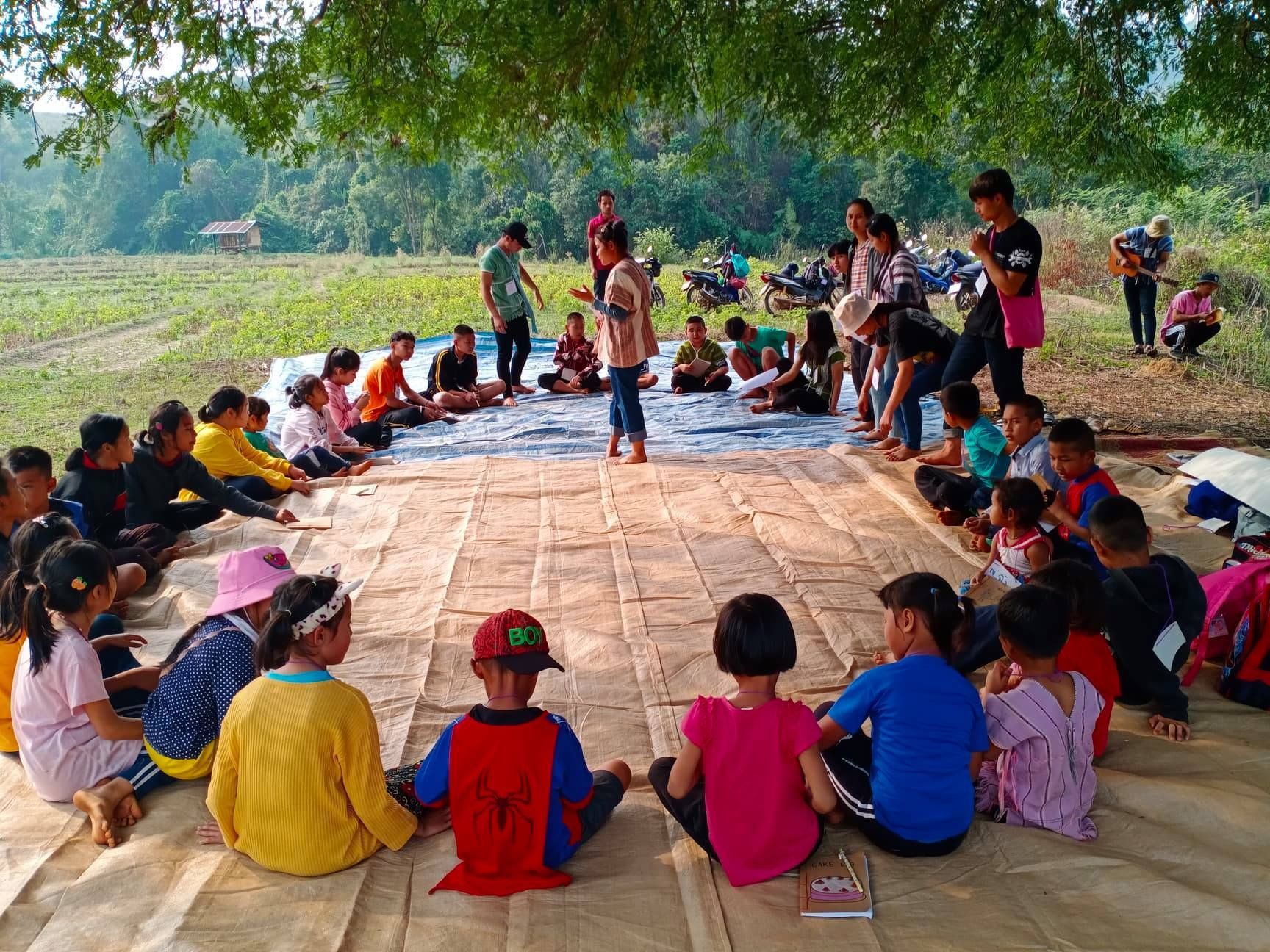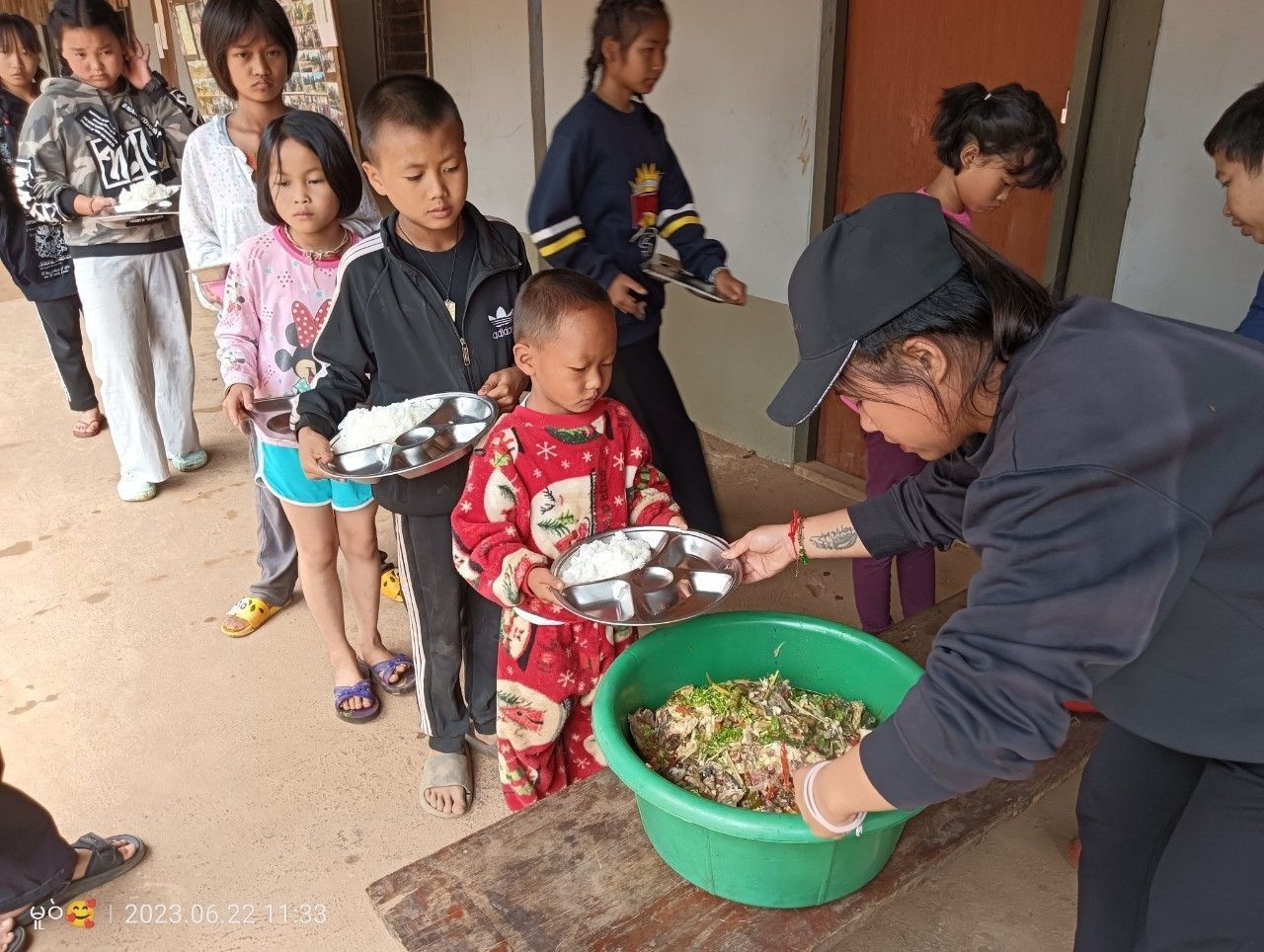New Title
New Paragraph
Providing STEPPING STONES
from Poverty to OPPORTUNITY
Get Involved
Become a sponsor or a donor. Sponsors choose to financially underwrite an entire project, and donors choose to contribute to help sustain our operations, as well as help fund our projects as needed. Sponsors and donors can be individuals, families, organisations, or businesses.
Find, help & empower people in need
We Make Connections That Enable People To Help Themselves and Each Other
PCF is built on the premise that communities in vulnerable situations can create a more sustainable existence for themselves with the right support. We believe that local organisations are ideally placed to provide this support, as they understand the issues their communities face and they speak the local language. However, they often do not have access to the external resources and funding they require to optimally support their communities.

Multi-Lingual Education
The Foundation for Applied Linguistics (FAL) is an organisation that works in collaboration with the PCF to uplift the educational development of marginalised communities in the rural parts of northern Thailand.
Chiang Mai and Chiang Rai Provinces, Thailand
BENEFICIARY
PERIOD
PARTNER
543 STUDENTS
2017 - ON GOING
The Foundation for Applied Linguistics (FAL)
and 19 local teachers
Budget needed: 61.061 €

Preschools in Cambodia
Siem Reap, Cambodia
€19.395
132 Children, 5 Teachers,
1 Project Coordinator, and 5 Cooks

Chiang Mai Province,Thailand
€16,280
20 Children, Coordinator, Caretaker, and Cook

Urgent Medical Supplies for Internally Displaced Persons
Karen State, Myanmar
€1.586
3.000+ IDPs including 187 students/children

Seven libraries in remote villages
Siem Reap Province , Cambodia
€18.500
6.750 children and adults

Baan Huay Hin Lad Nok Community School
Chiang Rai Province, Thailand
€12.104
20 Students

Loi Sam Sip School
Loi Sam Sip, Myanmar
€20.813
2 teachers, 1 cook and 38 students

Emergency Food Support for 1.000 Families
Chiang Mai Province, Thailand
€15.097
1.000+ migrant worker families

School Rebuild and Emergency Repair
Karen State, Myanmar
€16.042
2.341 people including teachers, students and community members








